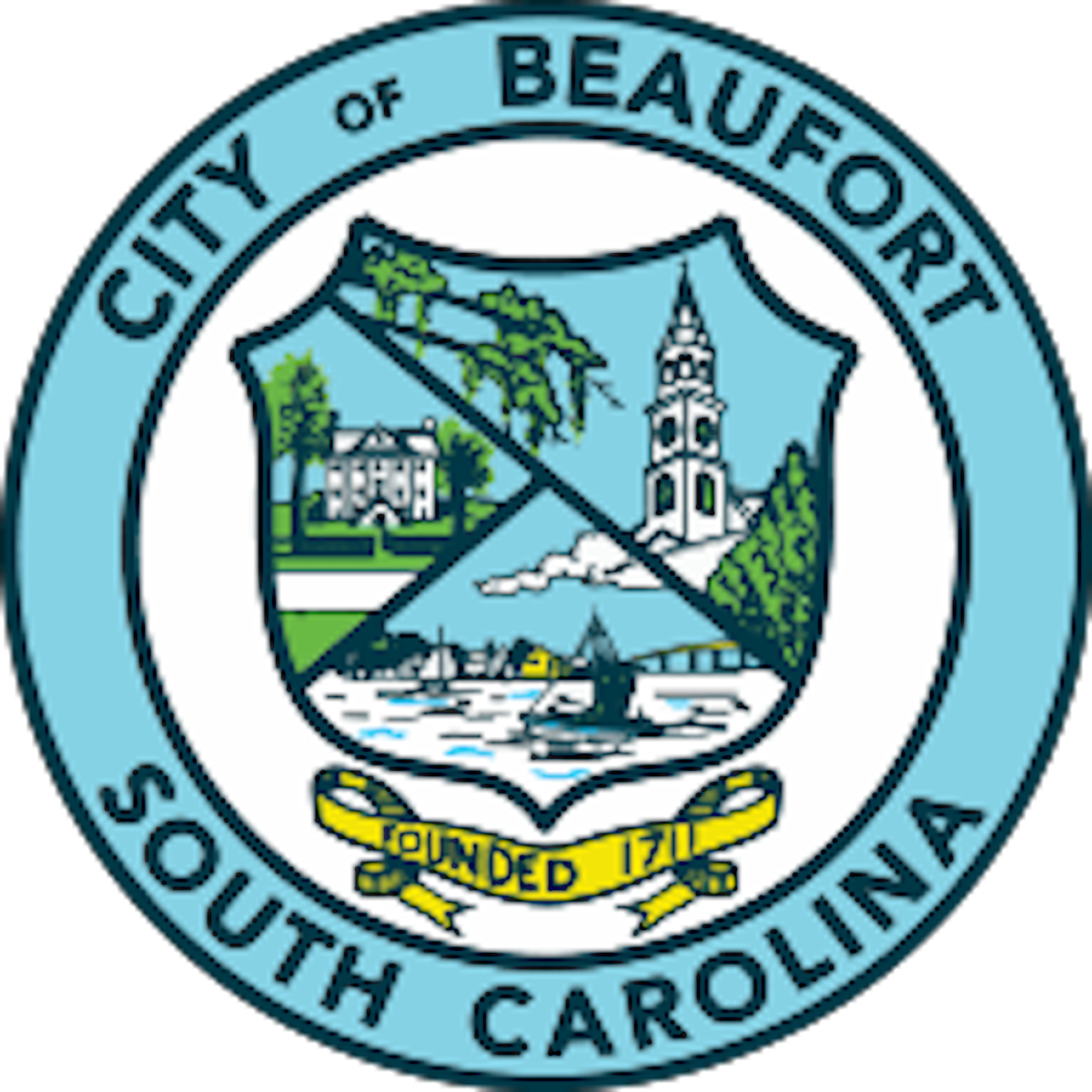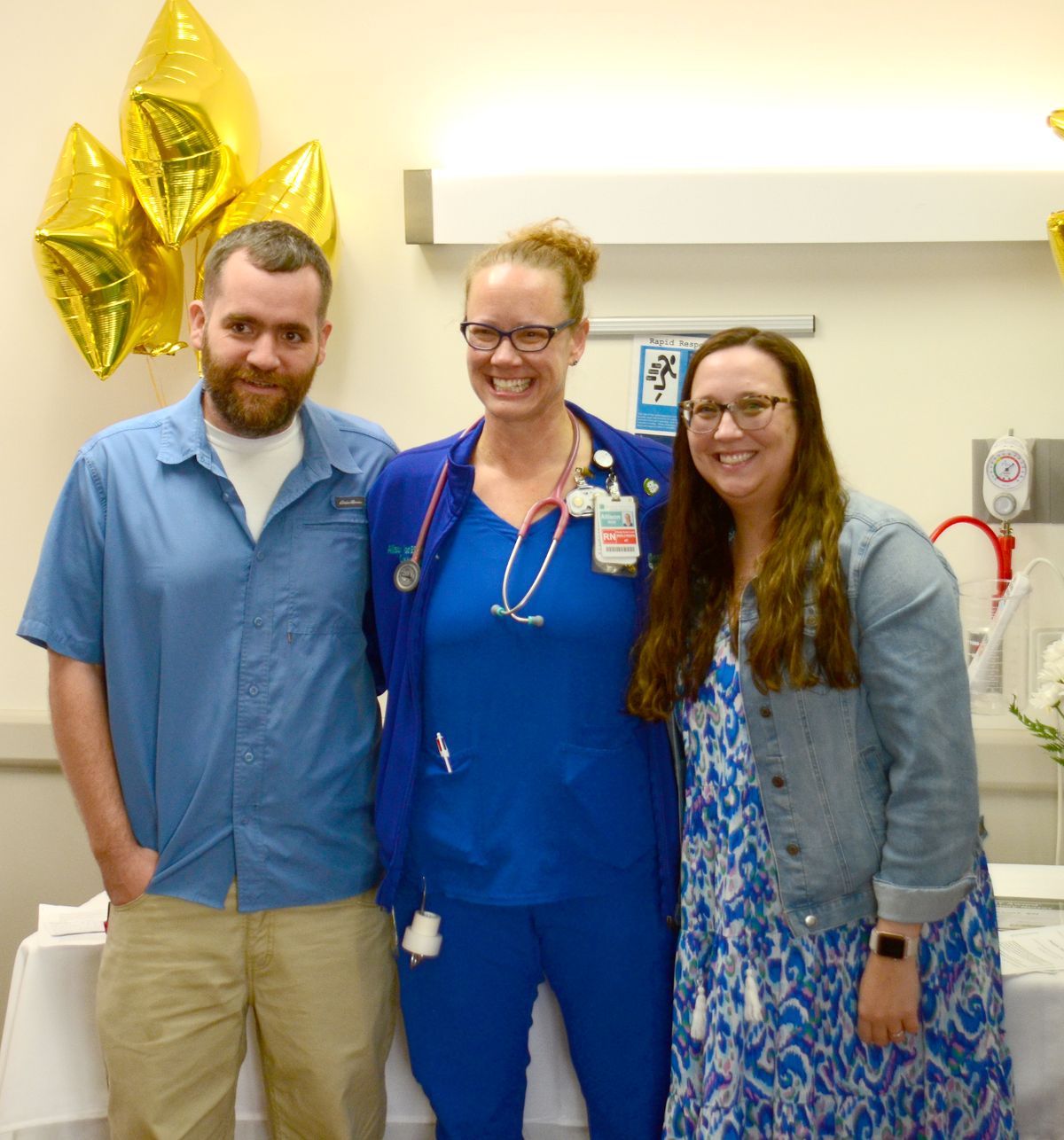By Jack O’Toole
StatehouseReport.com
A government program that more than 600,000 South Carolinians rely on for health insurance remains at the center of the federal shutdown that began Oct. 1. It shows no signs of being resolved soon.
Driving the fight is a battle over enhanced federal health care subsidies, first implemented during the pandemic. The aid helps 24 million middle- and lower-income Americans to afford private health insurance plans under the Affordable Care Act (ACA), or Obamacare as it’s widely known.
Congressional Democrats say they won’t go along with any plan to reopen the government that doesn’t reverse earlier GOP legislation that ended the enhanced subsidies — threatening 17 million ACA participants with triple-digit rate hikes heading into 2026.
Under the GOP plan, the average out-of-pocket annual cost for an ACA policy for a family of four earning $90,000 a year would jump by $3,735 – more than $300 a month, which puts health insurance out of reach for many. Another stat: A 60-year-old couple making $85,000 a year would be facing a $22,600 annual premium hike — about 25% of their total income.
In an Oct. 14 social media post, Democratic U.S. Rep. James Clyburn of South Carolina spotlighted the health insurance dispute.
“Republicans are the party of kicking Americans off health care,” he wrote. “That was true during Trump’s first term when they tried to kill the ACA, and it’s true now.”
But on the other side of the aisle, Upstate Congressman Ralph Norman, who’s seeking the 2026 GOP nomination for governor, claimed Democrats engineered the shutdown to benefit people who are in the country illegally.
“Democrats shut down the government for illegal aliens then got angry when President Trump made sure our troops got paid,” Norman said in an Oct. 15 post, referring to a Pentagon accounting maneuver that funded paychecks for active duty military members on Oct. 15. “Tells you everything you need to know about their priorities.”
Budget experts say Norman’s charge regarding Democratic priorities is inaccurate – or at best unclear – since illegal immigrants aren’t eligible for ACA subsidies or other federal health care programs such as Medicaid under federal law.
What ACA price hikes would look like in SC
Aaron Polkey is the president and CEO of the Palmetto Project, which runs the state’s only nonprofit insurance agency, Insure S.C.
In a Thursday interview, Polkey, who’s currently running for a nonpartisan seat on Charleston City Council, called the planned price spike a “disaster” for South Carolina’s private insurance system.
“Everyone is facing higher premiums, regardless of how they get their insurance,” he said. “Because if substantial numbers of consumers are pushed out of the market [by the subsidy cuts], that’s going to rip through the entire system, raising rates for everybody.”
To illustrate the problem, Polkey pointed to expected price hikes ranging from 111% to 231% for South Carolinians earning the median income or less — increases that would force about 150,000 to drop their insurance, according to the S.C. Hospital Association.
And with ACA open enrollment set to begin on Nov. 1, Polkey said it’s critical to get subsidies back in place quickly.
“We’re too close to open enrollment for the entire system to be teetering on the edge with this kind of uncertainty,” he said. “This has got to stop, because it’s giving the insurance companies no other choice but to publish these super-inflated price projections that [put everyone’s] backs against a wall.”
That’s a concern shared by S.C. Small Business Chamber of Commerce President Frank Knapp, who noted that only 21% of S.C. businesses with fewer than 50 employees can afford to provide health insurance for their employees.
“The Affordable Care Act is how these small business owners and their employees get their health insurance,” Knapp told Statehouse Report on Oct. 16. “And if those enhanced subsidies go away, we’ll have thousands of people who simply can’t afford their health insurance.”
Meanwhile, with the federal shutdown set to move into its 17th day, University of South Carolina economist Joseph Von Nessen warned that the state would begin to see widespread economic impacts if a deal isn’t reached soon.
“Once we get out past the 30-day mark, we start to see the potential for significant disruptions,” Von Nessen said in an Oct. 16 interview. “That’s when more businesses are likely to be affected due to suspended government contracts and where federal employees begin to miss paychecks, which affects spending in the local economy.”
But for his part, S.C. Gov. Henry McMaster said he doesn’t believe we’re going to get to that point.
“I think the shutdown’s not going to last much longer,” McMaster told reporters on Oct. 15.
At press time, there were no public indications that Republicans and Democrats were in active negotiations to resolve the impasse.











